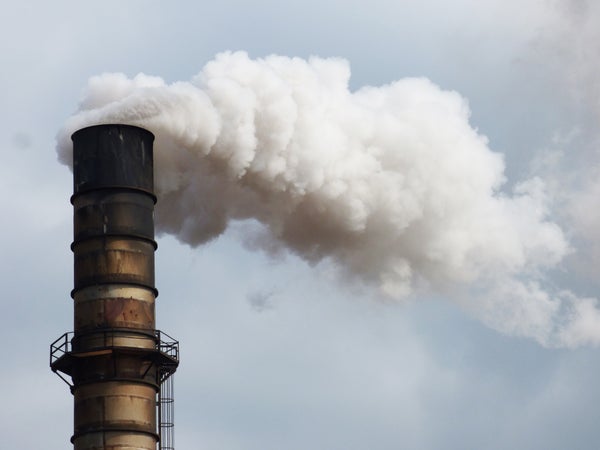No matter whom President-elect Donald Trump puts in charge of the Environmental Protection Agency and names to his cabinet, many observers predict a rollback of President Obama’s environmental policies. But the most controversial ones—the Clean Power Plan and a rule defining government regulation of wetlands—will take the most time and effort to unravel.
Obama administration rules that Trump is eyeing fall into three categories: those in place before this spring; those that took effect in the past two months or will take effect by January; and those that the incumbent president is rushing to finish before leaving town. These policies are federal agency rules about implementing laws, not laws themselves.
The Clean Power Plan, along with the wetlands rule known as Waters of the United States, are in the first category. “That makes them the hardest to undo,” says Stuart Shapiro, a public-policy professor at Rutgers University who was a regulatory official under Presidents Bill Clinton and George W. Bush. The reason: They have been around long enough to be immune from the Congressional Review Act (CRA), a law that Republicans passed 20 years ago that gives Congress 60 legislative days to override agencies’ actions without burdening the Senate with the need to round up 60 votes to do so, as is the case with almost all other legislation.
On supporting science journalism
If you're enjoying this article, consider supporting our award-winning journalism by subscribing. By purchasing a subscription you are helping to ensure the future of impactful stories about the discoveries and ideas shaping our world today.
The wetlands rule has drawn broad opposition from farmers and other Republican-oriented interest groups as well as some Democrats, because it extends federal cleanup authority to small bodies of water like farm ponds and streams. Trump specifically pledged to eliminate it. The Clean Power Plan, which mandates major cuts in carbon dioxide emissions for coal-fired power plants, has been the object of similar ire. But reversing what agencies already have done to enact these policies—while entirely possible—will call for considerable bureaucratic effort. Trump may have to tackle these big-ticket regulatory priorities via other methods. He could, for instance, push Congress to add “riders” to annual spending bills that dictate what agencies can and cannot do, predicts Sidney Shapiro, an environmental law professor at Wake Forest University and vice president of the Center for Progressive Reform, an environmental think tank. But such riders regularly trigger opposition party filibusters that stall the bill. He says of Trump and the Republican Congress, “They’re constrained by law, budget, time and resources … They have to pick their targets.”
The second category of regulations—which fall under the CRA because of their timing—are an easier lift for Trump and the GOP. Stuart Shapiro predicts that Obama mandates on methane emissions on public lands, and stricter big truck fuel-efficiency rules, are potentially vulnerable.
As for the third class of so-called “midnight regulations,” no one is certain yet what Obama will put out before exiting the Oval Office, so it is hard to know which one a Trump administration will aim at. Recent incoming presidents did not seek to overturn everything, even if the transition was also a party switch. Clinton repealed just nine percent of George H.W. Bush’s last-minute regulations, and then George W. Bush repealed only three percent of Clinton’s, according to Jody Freeman, a former Obama energy and climate official.
Freeman, founding director of Harvard Law School’s environmental law program, wrote about the small numbers in an essay published on the program’s website a few days ago. “History suggests that while new administrations make a grand show of reviewing their predecessor’s rules—looking particularly closely at those still pending, or those rushed at the last minute—they rescind very few,” she wrote.
History, however, may not be such a reliable guide in the current situation. "It's such a challenging time to make predictions,” said Stuart Shapiro. “We have an incoming president who is the least predictable political actor."
